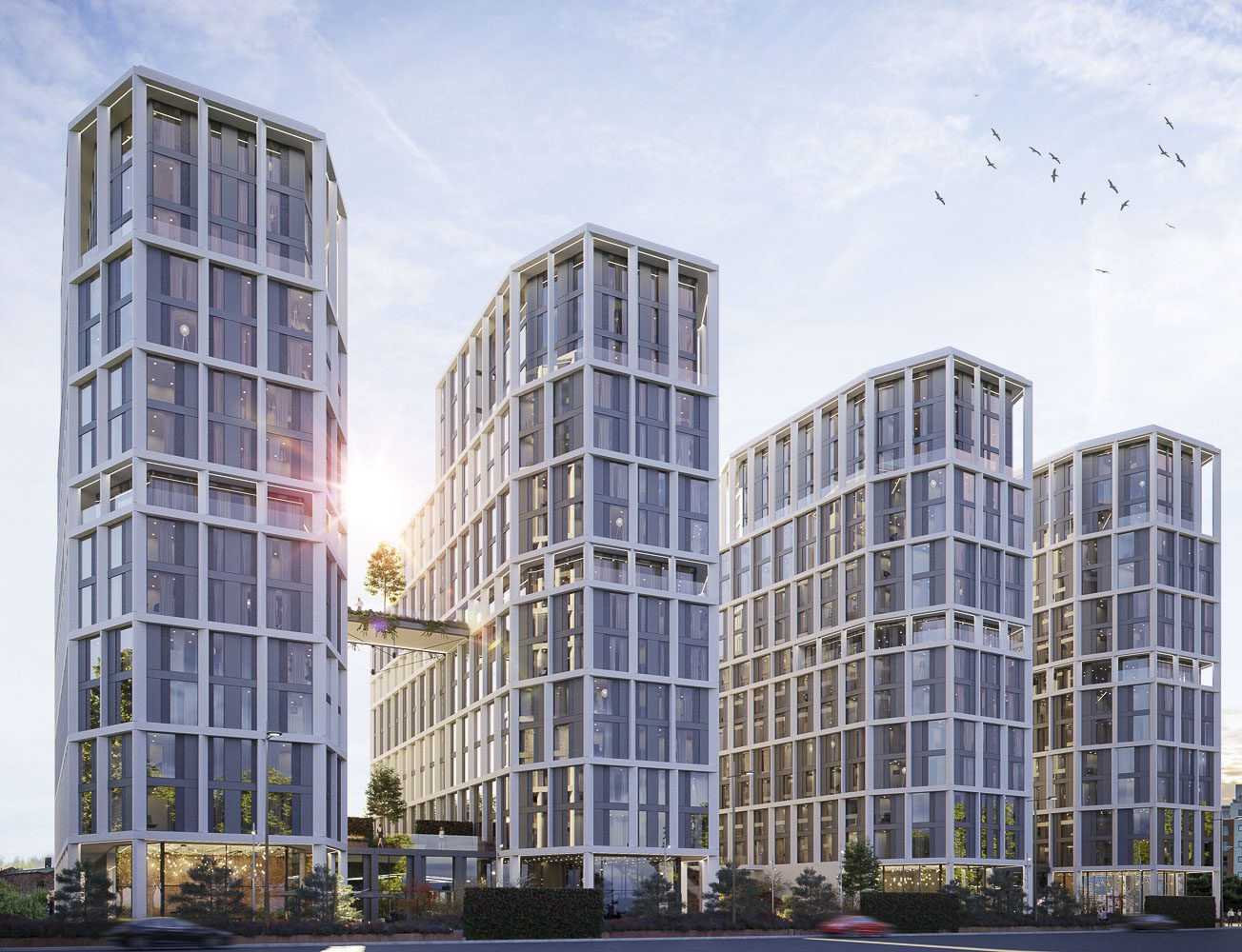If you’re interested in buying a new build property, you’re probably wondering how to minimise any loss in value and boost your chances of capital appreciation. Here are some key tips:
Focus on Location
Picking the right location is vital in property investment, no matter which strategy you use.
Depending upon which part of the UK your chosen property is in, there are substantial regional variations in house prices, rental income, rental demand, rental yields, and capital growth potential.
By picking the right area for rental properties, you’ll be able to maximise your chance of a successful property investment.
Regenerative efforts are particularly desirable as they can directly impact public opinion, demand and, in turn, property prices. Nothing makes a spot more lucrative than population growth, and, as stated, regeneration helps massively in this department.
Projects that will improve local infrastructure and transport are usually an indication that a location has the potential to become an investment hotspot.
Essentially, if you pick the right spot, there will always be demand for properties in the area, and, most importantly, your new build property will be likely to retain its value well.
You can read our complete guide to the best places to invest in UK property to learn about the best areas to invest in new build property for enhanced capital growth.
Consider Property Type (And The ‘Right’ Tenant)
The type of property you choose to invest in can also help minimise any potential losses in the future – as well as the kind of tenant you choose to appeal to.
Buying new build properties means you could potentially be investing in several different strategies – including commercial real estate, student property investments, city-centre apartments, or family homes.
Your property type and strategy will likely depend on how much money you can spend and your investment goals.
For example, student properties and city centre-based apartments will be much more affordable than family homes.
While this could mean less capital growth in the long term, you are likely to enjoy higher rental income and rental yields due to the lower prices.
The type of investment you choose will also impact the location you pick.
For student property, you’ll want to buy properties close to university campuses in a location with a considerable student population.
For more on this, take a look at our 2022 student property investment guide.
The biggest takeaway, in general, is that if you want to avoid new build depreciation and make the most out of your investment, you must ensure your property generates as much long-term interest as possible.






